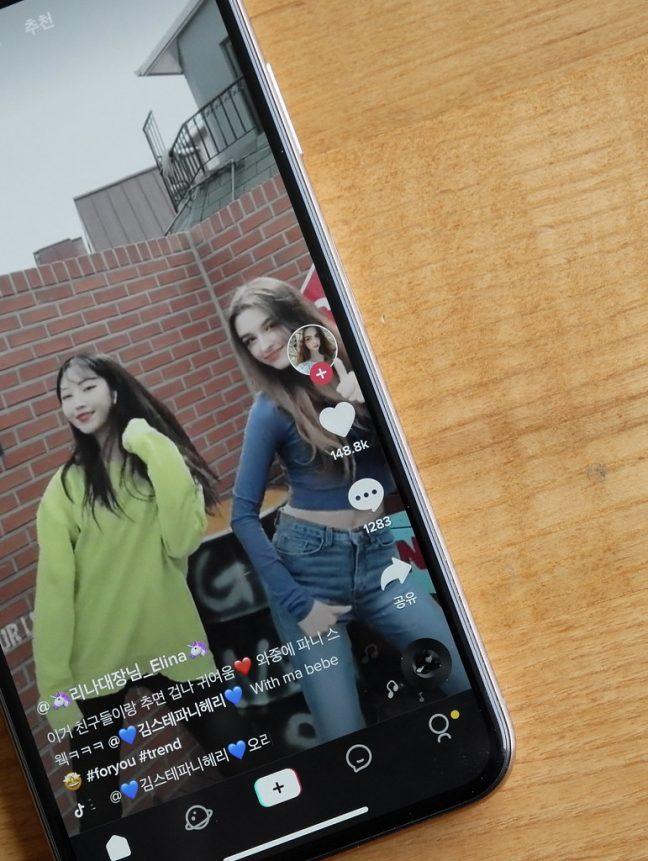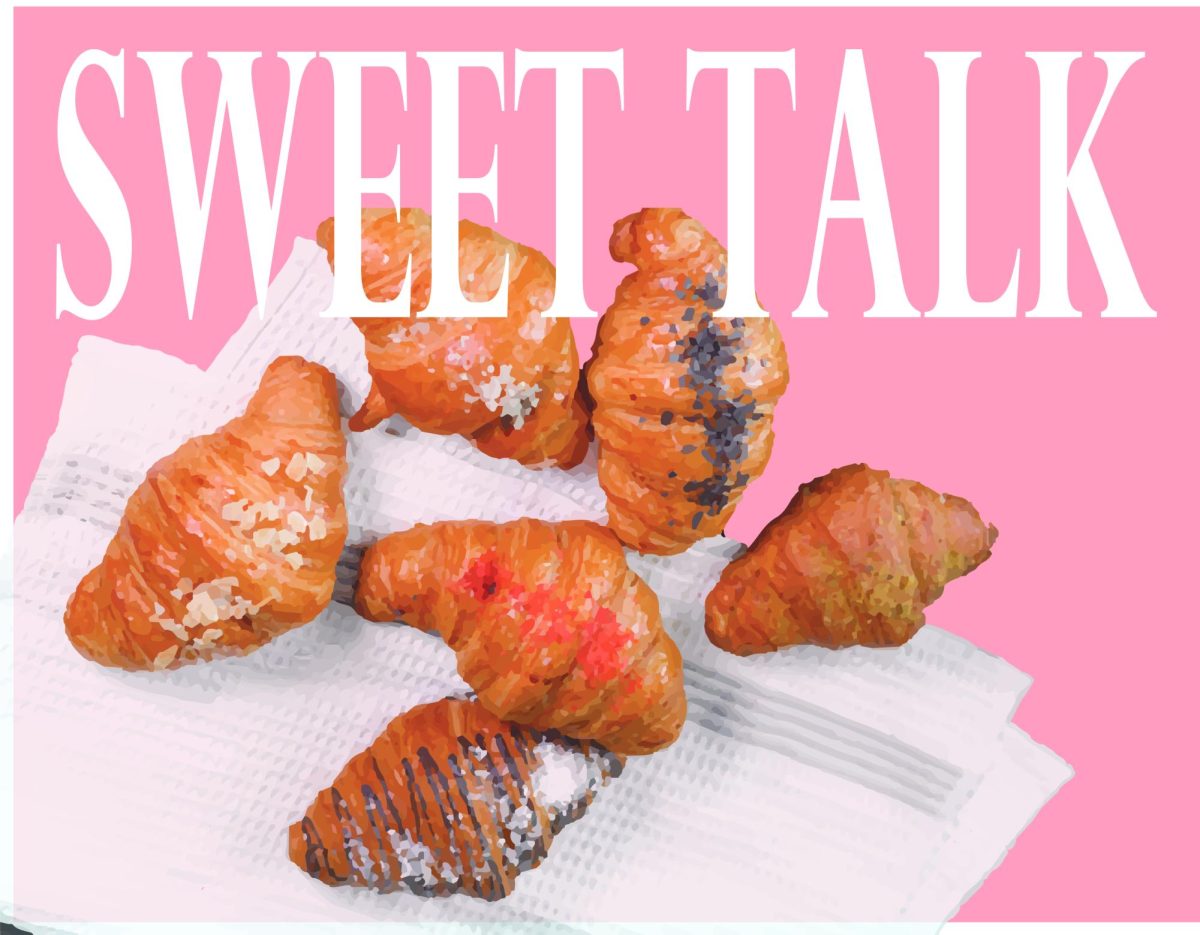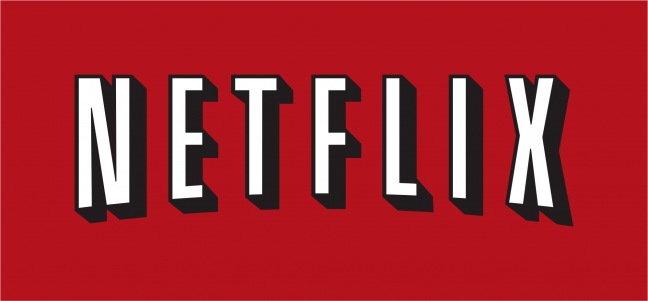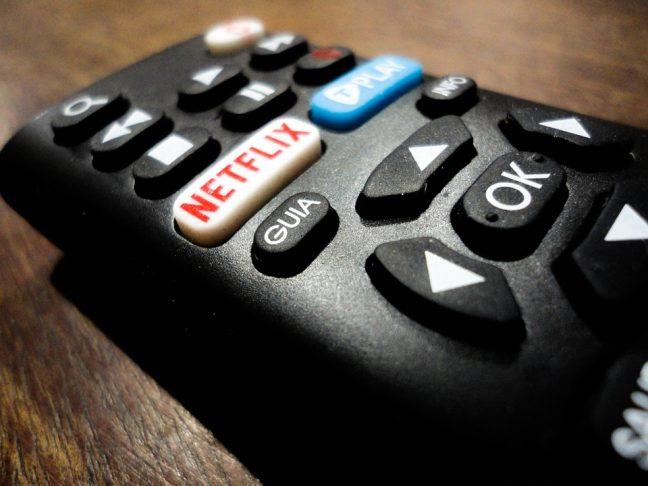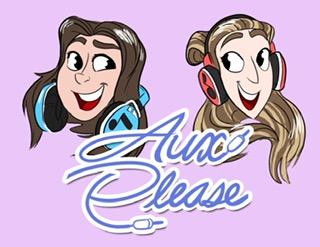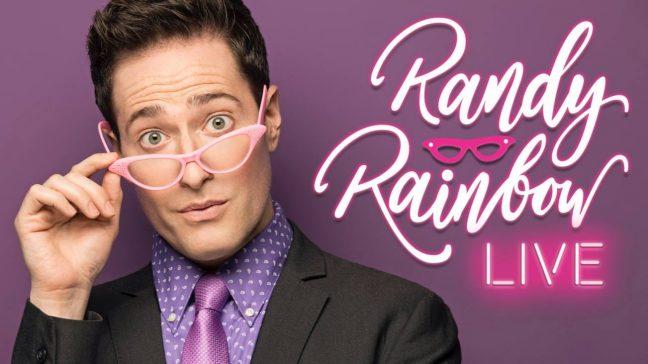TikTok is taking Gen Z by storm. Reminiscent of Vine, TikTok has flooded the social media feeds of youth around the globe, and it has raised many questions. What is TikTok? What kind of content does it provide? Is it safe? And most importantly, why is it so popular?
TikTok is a video-making app designed for lip-syncing and comedy acts. It was originally known as the app “Musical.ly,” which many people seem to forget. Many are surprised TikTok has had such success when Musical.ly was, in the time of Vine, the laughing stock of social media. TikTok, it is safe to say, had one of the most successful rebrands ever seen except for maybe Taylor Swift or Britney Spears.
The notion of a lip-syncing app can seem a little ridiculous. This content, however, has been quite a hit, giving rise to none other than Jacob Sartorius (see: song “Sweatshirt” and a short but oh-so-sweet relationship with Millie Bobby Brown). Many people not in the TikTok community are wondering — why is it so popular?
Professor describes the science behind science communication
TikTok is actually unpopular among many because most of the content is lip-syncing to popular songs, which is not the most exciting form of entertainment, or people lip-syncing to famous comedy sketches (think Jim Carrey or iconic SNL skits), which can seem unoriginal and unfunny.
Liam Hickey, a sophomore from the University of Minnesota describes what he likes about TikTok.
“There’s a lot of super ironic and funny stuff that slips under the radar, so when you find something that has like 20 likes that’s super funny you feel accomplished,” Hickey said.
Other students said TikTok feels a lot like Vine, which can also explain its rise to popularity given the huge hype surrounding Vine when it was around.
Colin Norton-Zeimet (@collinnz on TikTok), who has seen some success on the app, weighs in on what he likes about TikTok.
“It is an app that lets you explore creative ideas that you get … It’s very simple, making it easy to create content I want to make while not taking a huge amount of time,” Norton-Zeimet said.
It seems there is something for everyone on TikTok, whether you are an influencer or an avid viewer.
Bailey Coronis from Drake University also comments on what he likes about the app.
“It’s easy to get sucked into TikTok,” Coronis said. “The platform makes it so that you can easily switch between one video and the next and they totally learned about my interests and put them in my ‘For You’ page.”
This algorithm is quite common, and with a user-friendly interface and quick transitions between videos, the app can become very addictive.
Still, there are concerns surrounding TikTok that are unrelated to the content produced and shared. TikTok is a Chinese-owned company, which has caused some U.S. lawmakers to fear its motivations.
Senators like Marco Rubio, R-FL and Josh Hawley, R-MS believe TikTok is going to share content, specifically content made by children, with the Chinese government.
“A company compromised by the Chinese Communist Party knows where your children are, knows what they look like, what their voices sound like, what they’re watching and what they share with each other,” Hawley said.
UW has space for students of color on social media — just not on campus
According to The New York Times, allegations that TikTok has shared information with the Chinese government were denied by the tech company, but investigations are ongoing and it is therefore difficult to determine the cyber safety of the app as of yet.
There are risks and rewards to having TikTok. For commentary on specific content to be found on the app, Kurtis Conner makes great YouTube videos examining TikTok creators.
There are subsections of the app that are strange to say the least, like country boys, police officers and even divorcees of TikTok which demonstrate the eclectic nature of the content.
Like many apps, there are videos catering to all interests and senses of humor. TikTok seems to have mastered the art of finding its users’ interests and showing them more so they will continue to interact with the interface. For better or for worse, TikTok is Tik-Taking over.


